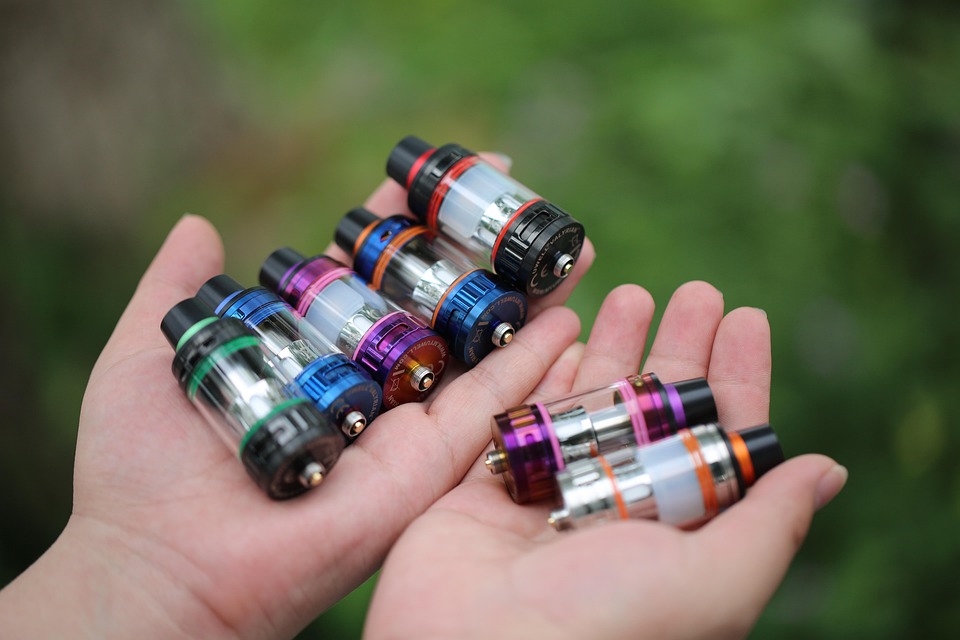According to Chineseherald, New Zealand officially banned the sale of disposable e-cigarettes from June 17, and simultaneously implemented a series of restrictive new regulations, including banning advertising, membership marketing, and discounted prices. This policy aims to curb the rising rate of e-cigarette use among teenagers and reduce environmental pollution.
Public health experts generally support this move, believing that banning disposable products will help reduce e-cigarette addiction among teenagers. Dr. Jude Ball of the University of Otago pointed out: "Removing e-cigarette products from visible locations is a key step in reducing young people's smoking and can also help people who quit smoking stay away from inducements."
She and the research team ASPIRE emphasized that the ban alone is far from enough, and it is also necessary to impose consumption taxes, restrict sales outlets around schools, provide smoking cessation support for teenagers, and increase law enforcement.
Professor Chris Bullen of the University of Auckland pointed out that the practice of selling disposable e-cigarettes at a low price in large quantities before the ban takes effect is "extremely unethical", which may prompt more teenagers to stock up because of affordable prices.
According to the new regulations that will be implemented soon, e-cigarettes will no longer be sold at a discount, and products may not be promoted to customers through mail or online channels.
However, before the ban came into effect, Star Times found that many retailers had slashed prices to clear their stock, including launching "buy one get one free", setting up countdown areas and email promotions. The Vuse website even used "buy while it's low, buy while it's low" to repeatedly emphasize that this is the last chance. Although these practices are not illegal, they reveal that the industry's motivation is more to expand the customer base rather than help quit smoking.
Calvin Cochran of the anti-smoking advocacy organization Vape Free Kids pointed out that the e-cigarette industry was initially packaged as a tool to help quit smoking, but in reality it adopted strategies such as bulk sales, promotions, and SEO marketing to attract users, especially young people. He said: "Advertising restrictions may have a more direct impact than product bans, but the industry will always try to circumvent regulations."
Jonathan Devery, chairman of the New Zealand Electronic Cigarette Industry Association, expressed understanding of this, but reminded that it is necessary to be vigilant against the expansion of the black market. He pointed out that Australia already has an e-cigarette black market equivalent to NZ$2 billion, and many illegal brands have also flowed into New Zealand. He called on the government to invest sufficient resources after the ban to ensure that law enforcement is in place, otherwise it will leave room for non-compliant sales.
"We are not against a ban, but it needs to be accompanied by regulation. E-cigarette retailers pay high regulatory fees to the Ministry of Health every year and should be protected by a strong enforcement mechanism," he said.

From an environmental perspective, experts are concerned that the ban on disposable e-cigarettes may also bring new waste problems. Since most of these products contain batteries and electronic components, if they are not properly handled, they may flow into landfills or even street flower beds. Professor Bullen said that they had found a large amount of e-cigarette waste during a survey on CBD streets. He believes that the current policy still ignores the environmental dimension.
In this regard, Devery suggested that the recycling mechanism for rechargeable devices should be expanded, a manufacturer's scrapping responsibility system should be formulated, and consumers should be educated to properly recycle cartridges and batteries. He believes that turning to e-cigarette products with child locks and removable batteries is a direction to improve environmental protection and safety.
Deputy Minister of Health Casey Costello said that banning disposable e-cigarettes will effectively reduce the use rate of teenagers and reduce waste from the source. "We fully communicate with retailers and give six months' advance notice of regulatory changes. Consumers are unlikely to stock up for a long time due to promotions."
At present, although the use rate of e-cigarettes among New Zealand teenagers has dropped slightly, 9% of 10th grade students still use e-cigarettes every day. Experts believe that whether this phenomenon can be curbed continuously will depend on the government's enforcement of the new regulations and the rigor of subsequent supervision.
source:https://www.chineseherald.co.nz/news/lifestyle/disposable-vape-banned
电子雾化与HNB产品都是新型电子产品,结构虽小,却融合应用多种材料、表面处理、芯片电子等技术工艺,而且雾化技术一直在不断更迭,供应链在逐步完善,为了促进供应链企业间有一个良好的对接交流,艾邦搭建产业微信群交流平台,欢迎加入;Vape e-cigarettes (VAPE) and Heat-Not-Burn e-cigarettes (HNB) are both emerging electronic products. Despite their compact size, they integrate various materials, surface treatment technologies, chip electronics, and other advanced technical processes. Moreover, atomization technology is constantly evolving and the supply chain is being progressively perfected. To facilitate good communication and networking among supply chain enterprises, Aibang has established an industry WeChat group communication platform and warmly welcomes interested enterprises to join.

